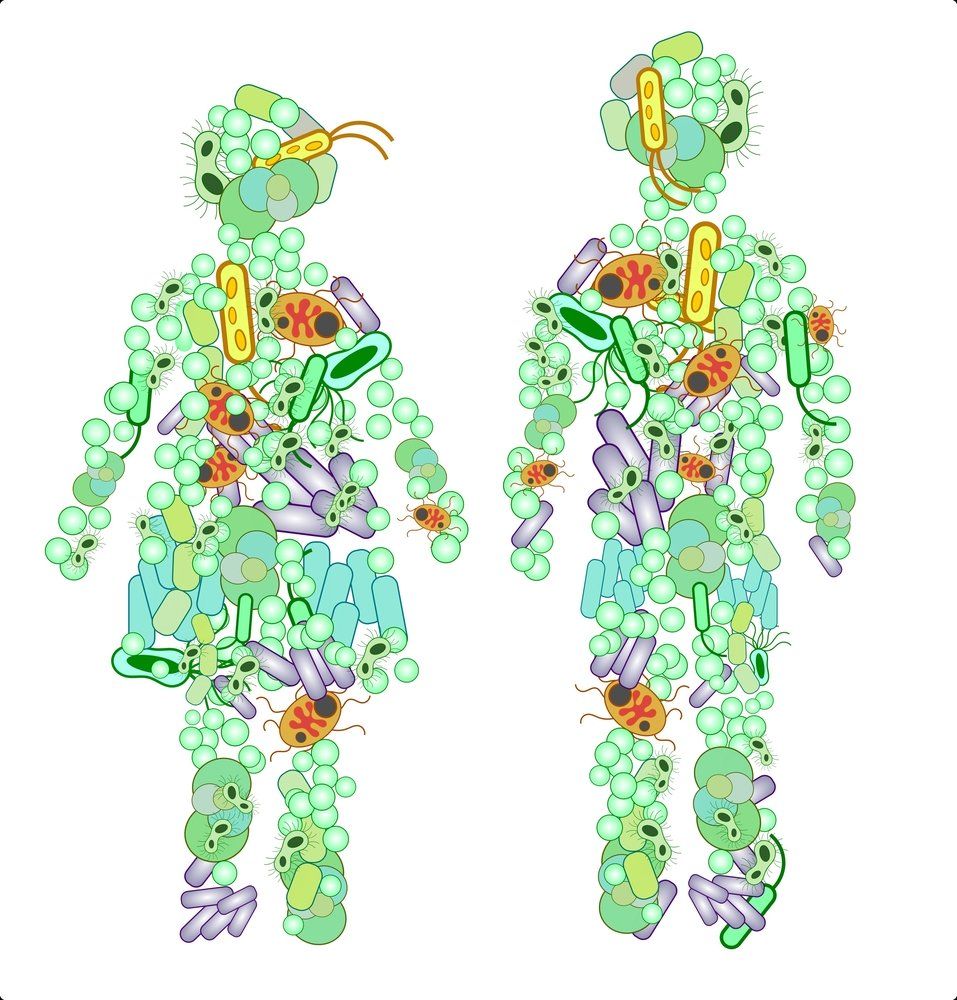New Etiology of Rheumatoid Arthritis Identified in the Gut Microbiome
Scientists now have a better understanding of the relationship between the gut microbiome and rheumatoid arthritis.
(©Lanatoma2Shutterstock.com)

Scientists now have a better understanding of the relationship between the gut microbiome and rheumatoid arthritis.
By utilizing case-controlled associated tests, Japanese researchers conducted a whole-genome shotgun sequencing-based, metagenome-wide association study (MWAS). They identified high concentrations of numerous species belonging to the Prevotella genus.
By employing a combination of case-control tactics and artificial intelligence, researchers traced an association between the gut microbiome, host genome, and pathology of rheumatoid arthritis. Researchers identified a population-specific link between the metagenome and the host genome.
Researchers conducted a MWAS on the rheumatoid arthritis gut microbiome in a sample population of 82 patients (42 control). They then combined the results of phylogenetic case-control association tests and artificial intelligence results derived from non-linear machine learning to better elucidate the phyologenetic tree associated with rheumatoid arthritis pathology.
Gaining better insights into the phylogenetic lineage was a critical step to better understanding the etiology associated with the disease’s microbiome.
Using case-controlled associated tests made it possible for researchers to identify high concentrations of numerous species belonging to the Prevotella genus; next, they employed non-linear machine learning strategies-a task which proved advantageous by allowing them to rule out any potential phylogenetic discrepancies.
From there, researchers were able to identify one redox reaction-related gene that appeared in significantly lower abundance in the RA metagenome as opposed to in controls. The case-control comparison also facilitated the ability to bring clarity to fatty acid biosynthesis, glycosamine degradation, and various other pathways involved in metabolism.
The pathogenic mechanism of the microbiome remains largely unelucidated in many diseases, and this research sheds new light on the microbiome composition and its involvement in rheumatoid arthritis pathology by engaging MWAS to access three primary bioinformatic analytic pipelines.
REFERENCE
Kishikawa T. #54 – Metagenome-Wide Association Study of Gut Microbiome Revealed Novel Etiology of Rheumatoid Arthritis in Japanese Population. ACR/ARP Annual Meeting, November 8-13, Georgia World Congress Center, Atlanta, GA